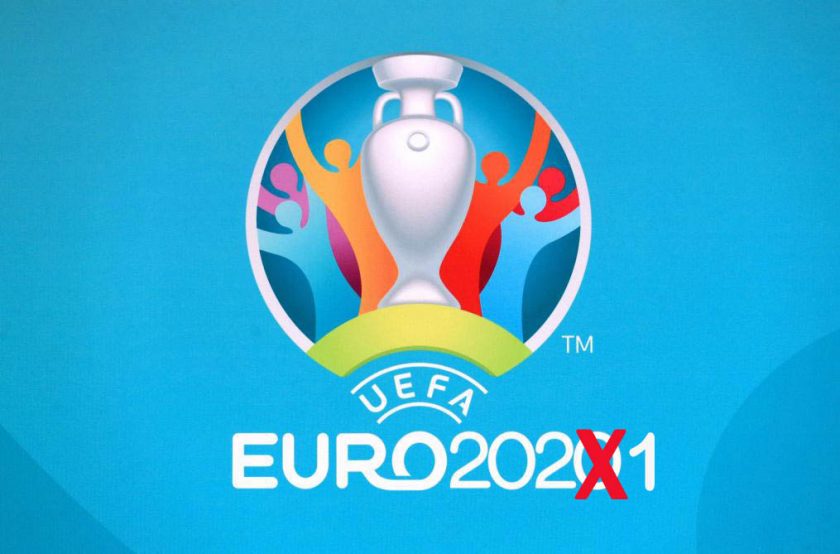UEFA announced on Friday that eight cities have officially committed to hosting the Euro football tournament. The four cities that have not yet proposed plans may not host any matches. Already postponed for a year because of the pandemic, the Euro football tournament (11 June-11 July) could lose four of its 12 host cities if they do not commit to hosting spectators within ten days. Munich, Rome, Bilbao and Dublin “have until 19 April to provide further information on their plans, and a final decision will be taken on that date regarding the holding of the matches scheduled there”, UEFA said on Friday.
Only the eight other host cities have already promised to host crowds, with capacity ranging from 25 to 100 percent, although the European body has refused since mid-March to allow the Euro to be played in front of empty stands. This requirement, formulated in the midst of a health crisis and the spread of more contagious variants of Covid-19, could result in the tournament being concentrated in eight countries instead of the twelve that have been preparing for it since the end of 2012. Unless UEFA’s executive committee relaxes its conditions at its meeting on 19 April, it could lose several of Europe’s leading football nations by ruling out Germany, Italy, Spain and Ireland from hosting the tournament. People over the world are getting ready for the tournament and luckily they will be able to watch live football from around the world thanks to trusted betting websites.
Quarantines to be expected
For their part, the eight other host cities are betting on “an improvement in the health situation in their countries in June and July”, linked to the vaccination campaign and less circulation of Covid-19 in good weather, UEFA said.
Budapest, which intends to vaccinate all Hungarians who request it by mid-June, is already aiming for full stands, “provided that spectators meet the strict stadium entry requirements”. The Hungarian Prime Minister Viktor Orban hinted on Friday that all citizens “could participate in the event with their vaccination card”. St Petersburg and Baku have promised a 50% capacity and should offer foreign fans “special procedures exempting them from entry restrictions or quarantines”, according to UEFA.
Attending matches in Amsterdam, Bucharest, Copenhagen, Glasgow and London is likely to be more difficult for fans from all countries, who will have “no exemptions” and could face periods of isolation, the European body warns. The Dutch, Romanian and Danish capitals are looking at “25-33%” of spectators, but are leaving themselves the option of “increasing their capacity by the end of the month” as UEFA has given them until 28 April to adjust their plans.
Refunds possible
London, which is expected to host seven matches, is planning for a “minimum 25%” crowd for the three group matches, with the expectation of a “higher capacity” for the semi-finals and final. UEFA has given fans until 22 April to get a full refund on their tickets, promising “special arrangements” if the match is relocated or eventually played behind closed doors. But even after that date, having bought a ticket is no guarantee of getting one: if the number of tickets in circulation still exceeds the scheduled capacity of the stadiums, UEFA will “organise a draw” and inform the unfortunate holders of cancelled tickets “in May”.
In a separate statement, UEFA promised a series of measures to “protect the health of spectators in each stadium”, ranging from staggered arrivals to the mass provision of hydro-alcohol gel and contactless transactions. The cities will have to organise the reception, accommodation and catering for supporters outside the stadiums, whereas football tournaments are usually the occasion for massive and joyful gatherings.

Sports journalist, content writer and passionate football lover.









